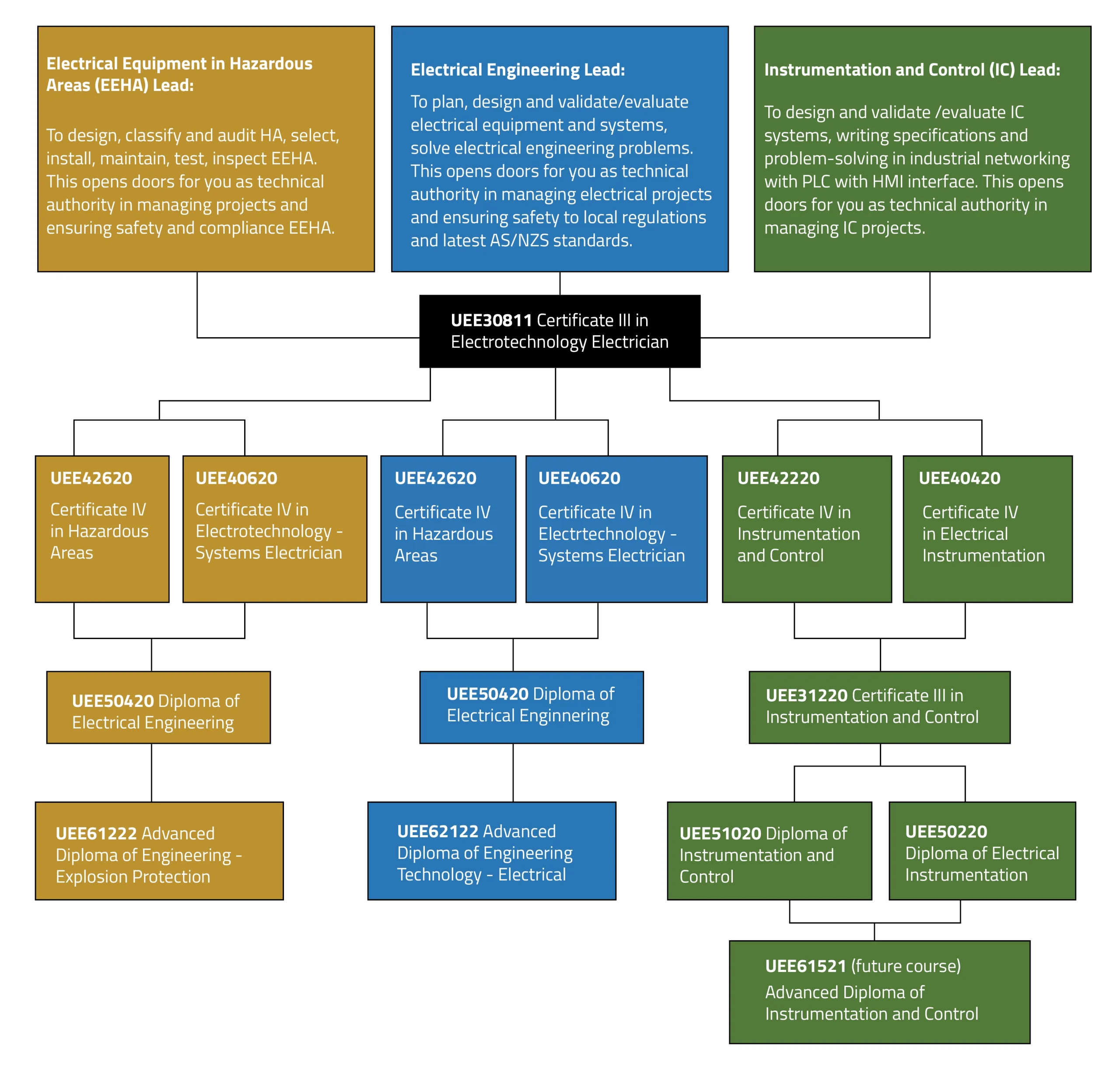The Greatest Guide To Roar Solutions
The Greatest Guide To Roar Solutions
Blog Article
Excitement About Roar Solutions
Table of ContentsRoar Solutions Can Be Fun For EveryoneRoar Solutions - TruthsSome Known Details About Roar Solutions
In such an atmosphere a fire or surge is possible when three basic conditions are met. This is usually referred to as the "hazardous location" or "burning" triangular. In order to secure setups from a potential explosion a technique of evaluating and identifying a potentially hazardous area is needed. The objective of this is to make certain the right selection and installation of equipment to inevitably stop a surge and to guarantee safety and security of life.
(https://www.startus.cc/company/roar-solutions)
No devices should be set up where the surface temperature level of the devices is higher than the ignition temperature of the provided hazard. Below are some usual dirt unsafe and their minimal ignition temperature. Coal Dust 380C 225C Polythene 420C (melts) Methyl Cellulose 420C 320C Starch 460C 435C Flour 490C 340C Sugar 490C 460C Grain Dust 510C 300C Phenolic Material 530C > 450C Aluminium 590C > 450C PVC 700C > 450C Residue 810C 570C The possibility of the danger existing in a concentration high sufficient to create an ignition will vary from location to location.
In order to categorize this danger an installation is split right into areas of threat depending upon the amount of time the unsafe exists. These locations are described as Zones. For gases and vapours and dusts and fibers there are 3 areas. Area 0 Area 20 A hazardous environment is very most likely to be present and may be present for long durations of time (> 1000 hours annually) and even continually Zone 1 Area 21 An unsafe atmosphere is possible but not likely to be existing for lengthy periods of time (> 10 450 C [842 F] A category of T6 means the minimal ignition temperature is > 85 C [185 F] Harmful area electrical tools possibly created for use in higher ambient temperatures. This would indicated on the score plate e.g. EExe II C T3 Ta + 60C( This implies at 60C ambient T3 will not be surpassed) T1 T1, T2, T3, T4, T5, T6 T2 T2, T3, T4, T5, T6 T3 T3, T4, T5, T6 T4 T4, T5, T6 T5 T5, T6 T6 T6 A T Class score of T1 suggests the optimum surface area temperature produced by the tool at 40 C is 450 C. Presuming the linked T Class and Temperature level rating for the tools are proper for the location, you can always use an instrument with an extra rigid Division ranking than needed for the location. There isn't a clear response to this concern sadly. It actually does depend on the kind of devices and what fixings require to be performed. Devices with specific test treatments that can not be performed in the field in order to achieve/maintain 3rd celebration score. Need to come back to the factory if it is before the devices's service. Field Repair By Authorised Worker: Complicated testing may not be called for nonetheless particular procedures may need to be adhered to in order for the equipment to preserve its third event rating. Authorised workers should be used to carry out the job properly Repair must be a like for like substitute. New component need to be considered as a straight substitute needing no special testing of the equipment after the repair is complete. Each tool with a dangerous score must be assessed independently. These are described at a high level listed below, however for more thorough information, please refer directly to the standards.
Some Known Details About Roar Solutions
The devices register is a comprehensive database of tools documents that consists of a minimum collection of areas to recognize each thing's place, technological specifications, Ex lover category, age, and ecological information. The proportion of Comprehensive to Close evaluations will be established by the Tools Danger, which is examined based on ignition threat (the chance of a resource of ignition versus the possibility of a flammable atmosphere )and the hazardous location category
( Zone 0Area 1, or 2). Carrying out a durable Risk-Based Examination( RBI )method is critical for making sure conformity and safety in managing Electric Equipment in Hazardous Locations( EEHA).
The Main Principles Of Roar Solutions

In regards to explosive threat, a hazardous area is an environment in which an explosive ambience exists (or may be anticipated to be present) in amounts that need unique precautions for the construction, installation and use equipment. hazardous area course. In this short article we explore the obstacles dealt with in the office, the risk control measures, and the called for expertises to work safely
These compounds can, in certain problems, develop eruptive atmospheres and these can have significant and unfortunate effects. Most of us are acquainted with the fire triangular remove any one of the 3 aspects and the fire can not happen, yet what does this mean in the context of hazardous areas?
In a lot of instances, we can do little about the levels of oxygen in the air, but we can have substantial impact on sources of ignition, for instance electric equipment. Harmful locations are documented on the dangerous location category illustration and are recognized on-site by the triangular "EX-SPOUSE" sign. Below, amongst various other key details, areas are split into 3 types depending upon the hazard, the chance and duration that an eruptive environment will certainly exist; Area 0 or 20 is regarded one of the most harmful and Area 2 or 22 is deemed the least.
Report this page